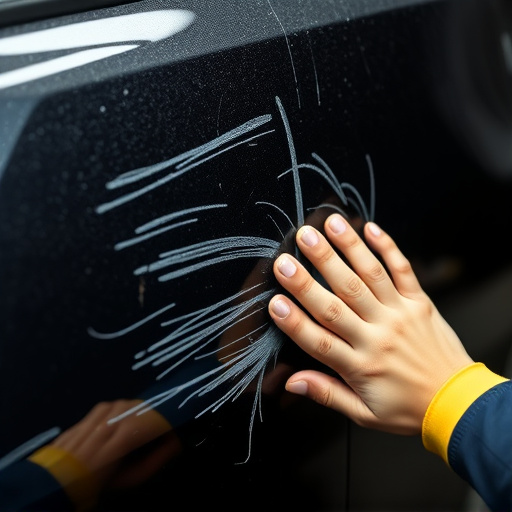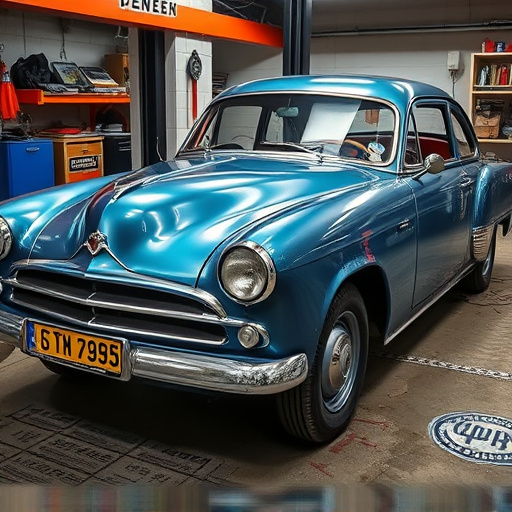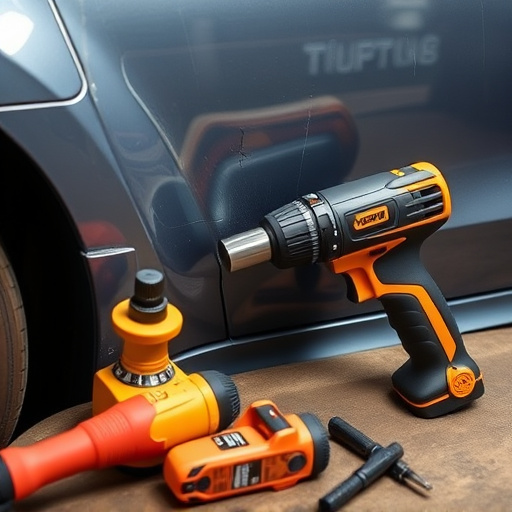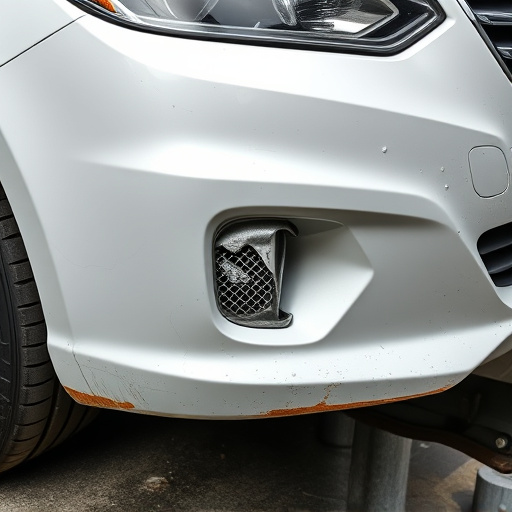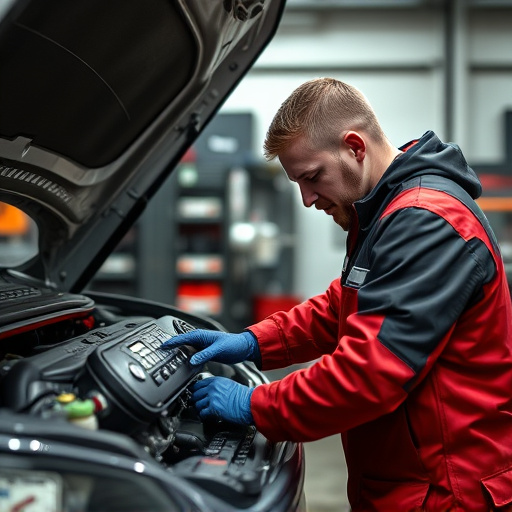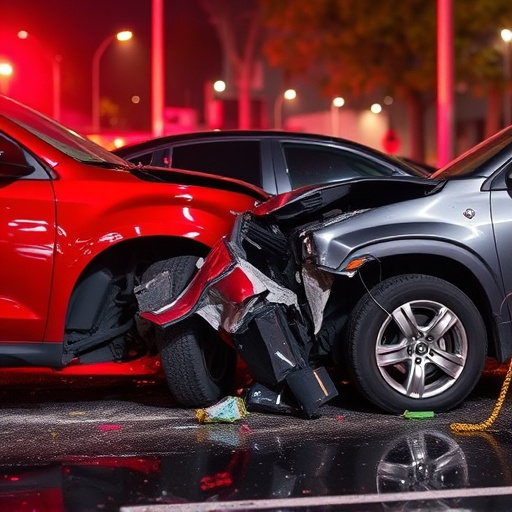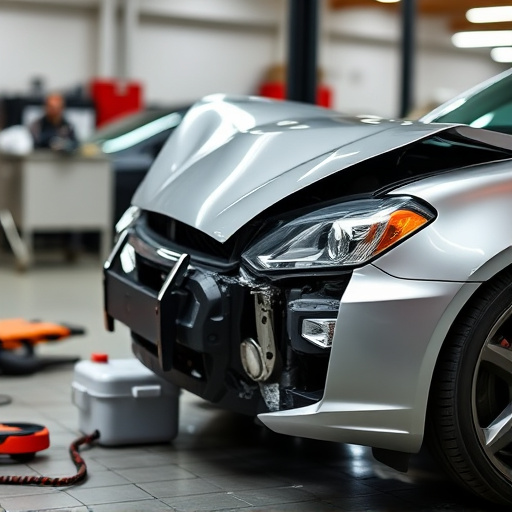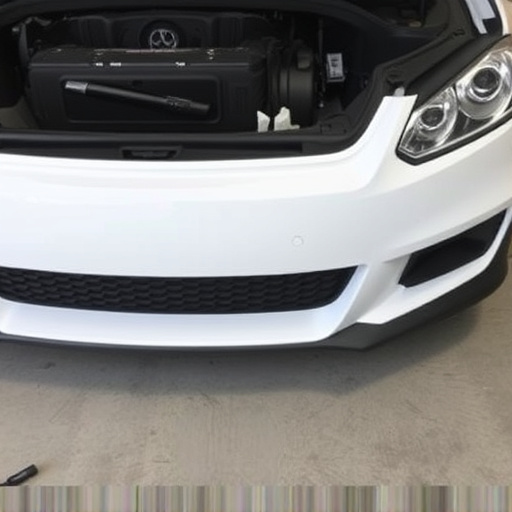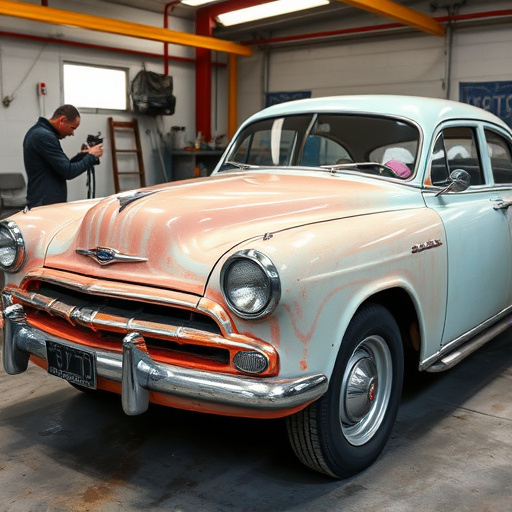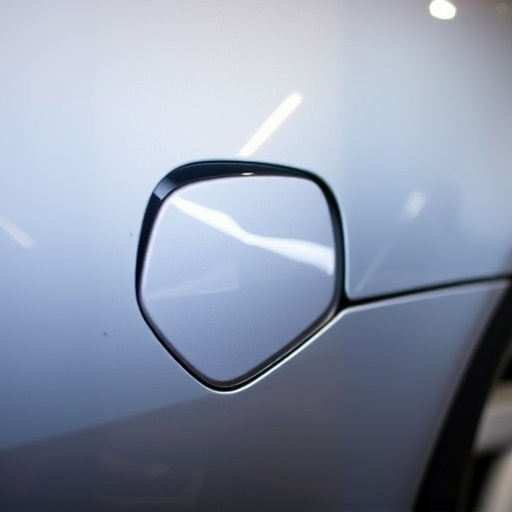In dynamic sectors like auto body repair and vehicle paint restoration, skilled inspectors are repair quality inspection gurus. Their expertise lies in meticulous scrutiny from surface preparation to color matching, ensuring each repair meets high standards. Effective training programs equip them with knowledge of materials, techniques, and industry standards, enhancing overall inspection accuracy. Investing in inspector training and continuous learning boosts customer satisfaction and prevents costly rework, making these professionals an indispensable part of any collision or automotive repair shop's protocol.
In the realm of ensuring meticulous repair quality, certain aspects often go unnoticed amidst the focus on tools and techniques. This article sheds light on the three most overlooked areas: the human element, documentation, and emerging technologies. We explore how skilled inspectors and continuous training can mitigate human errors, the pivotal role of accurate documentation in post-inspection analysis, and the transformative power of digital inspection software, AI, and machine learning for enhanced efficiency. Dive into these essential components to elevate repair quality inspection processes.
- The Human Element: Training and Experience in Repair Quality Inspection
- – The role of skilled inspectors
- – Importance of continuous training and certification
The Human Element: Training and Experience in Repair Quality Inspection
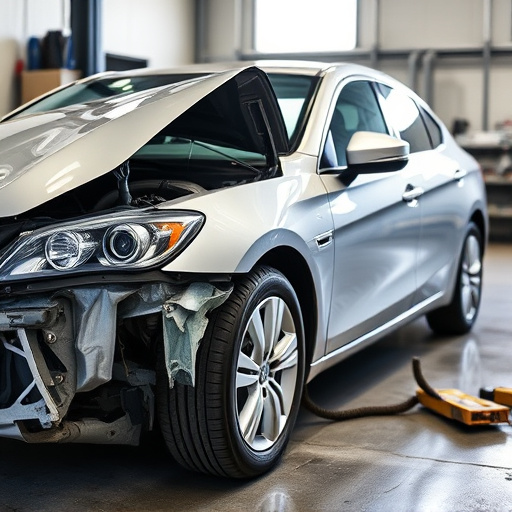
The human element plays a critical yet often overlooked role in repair quality inspection processes, especially in dynamic fields like auto body repair and vehicle paint restoration. Adequate training and significant experience are indispensable for inspectors to consistently deliver high-quality assessments. Skilled professionals understand the subtleties of car repair services, recognizing even the most minute defects that untrained eyes might miss. This expertise ensures that every aspect of vehicle paint repair is meticulously scrutinized, from surface preparation to color matching.
Effective training programs equip inspectors with a deep knowledge of materials, techniques, and industry standards. This enables them to make informed decisions during inspections, ensuring that repaired vehicles meet the highest quality benchmarks. By investing in their training and fostering a culture of continuous learning within repair facilities, car repair services can significantly enhance overall inspection accuracy and customer satisfaction.
– The role of skilled inspectors
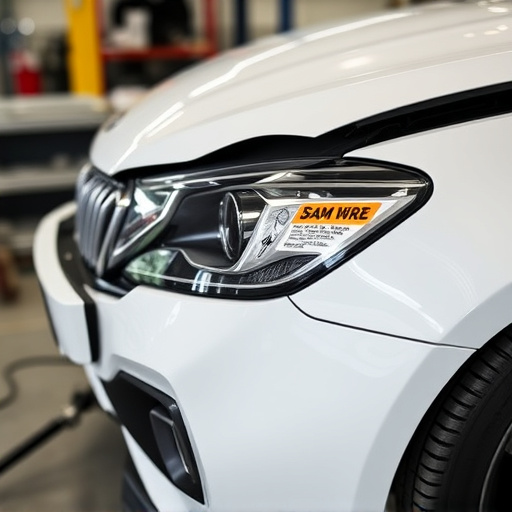
Skilled inspectors play a pivotal role in ensuring the accuracy and reliability of any repair quality inspection process. Their expertise lies in identifying subtle defects that might go unnoticed by untrained eyes, be it a minor crack in the paint or misaligned panels during auto dent repair and auto collision repair processes at collision centers. These professionals are equipped with the knowledge and keen observation skills to scrutinize every detail, ensuring that each repair is performed to the highest standards.
By employing seasoned inspectors, collision centers can maintain consistent quality control throughout their operations, fostering customer satisfaction and building a reputation for excellence. Their contributions are invaluable in preventing costly rework and ensuring the safety and longevity of vehicles undergoing auto collision repair, making them an integral part of any comprehensive repair quality inspection protocol.
– Importance of continuous training and certification

Maintaining high standards in repair quality inspection processes is paramount for any collision repair center or automotive repair shop. This isn’t just about ensuring precision and accuracy; it’s also a matter of continuous improvement and adaptability to evolving industry standards. Continuous training and certification play a pivotal role here, keeping technicians up-to-date with the latest tools, techniques, and safety protocols. By investing in such programs, repair quality inspection processes become more efficient and effective.
For instance, as car dent repair becomes increasingly sophisticated, technicians must be well-versed in advanced methods and materials to deliver top-notch results. Regular training sessions can introduce new technologies, like precision measuring tools or innovative dent removal techniques, enhancing the overall quality of repairs. This not only benefits the collision repair center by improving its reputation but also guarantees customer satisfaction and safety in every automotive repair service provided.
In the realm of repair quality inspection, human expertise remains an often-overlooked yet indispensable component. Skilled inspectors, armed with comprehensive training and ongoing certifications, play a pivotal role in ensuring meticulous craftsmanship and customer satisfaction. By investing in their education and experience, organizations can elevate their repair quality standards, fostering a culture of excellence that resonates throughout the industry. Embracing these strategies helps to navigate the intricate landscape of repairs, ultimately delivering top-notch outcomes.
